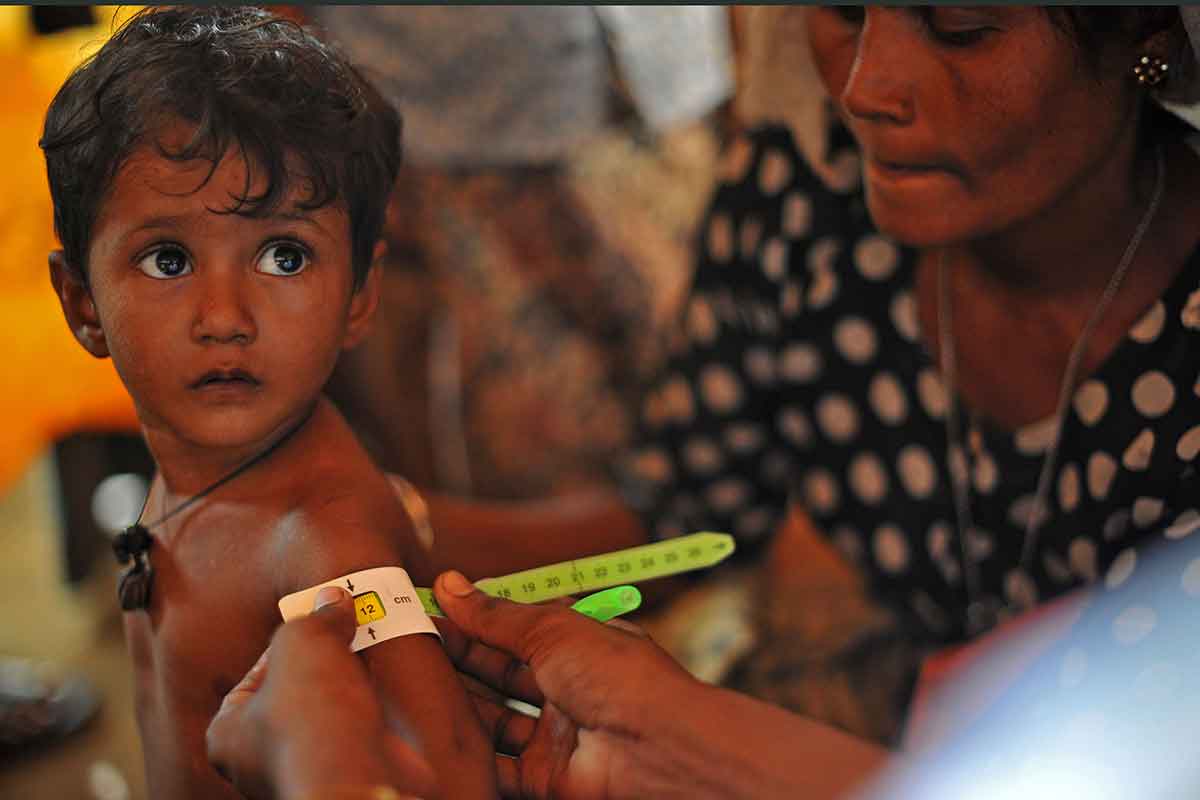It has been three years since world leaders committed to one of the boldest goals ever set in global public health: achieving universal health coverage by 2030. Achieving this objective will mean that every person in every community has access to affordable care, both to prevent them from falling ill and to treat them when they do.
The stakes are simply too high not to deliver on this promise. We cannot eradicate poverty, protect people from pandemics, advance gender equality, or achieve any of the other 2030 Sustainable Development Goals (SDGs) without accelerating progress toward universal health coverage.
Fortunately, national leaders are starting to take concrete steps toward expanding access to health care. As I, along with many others, have come to realize, success depends on first overcoming one of the most significant challenges in health: overly fragmented approaches to delivering care. Instead of treating one disease at a time, we need to establish systems in which people’s diverse health needs are treated side by side. Every woman should be able to turn to a trusted provider in her community to receive family planning services for herself, routine immunizations for her children, or diabetes treatments for an aging relative.
The best way for countries to achieve a more integrated approach is to strengthen primary care, which is most people’s first point of contact with the health system. Primary-care providers can address more than 80 percent of health needs. And because primary care is delivered to rich and poor alike, it is the foundation of a fair and equitable society.
Having recognized these potential benefits, world leaders recently met at the Global Conference on Primary Health Care in Astana, Kazakhstan, to endorse a new declaration that commits them to strengthening primary-care systems within their respective countries. But now the hard work begins. With national leaders considering how best to meet their new commitment, I would emphasize two factors that are integral to making progress.
First, we need to maintain the political will to strengthen primary care and achieve universal health coverage. To that end, World Health Organization (WHO) Director-General Tedros Adhanom Ghebreyesus recently called on heads of state and governments to undertake concrete reforms in that direction starting this year.
From my own experience as a former president of Tanzania, I know that persistent, firm, top-level leadership is necessary to move the complex machinery of government. That is why I joined with the health advocacy organization Access Challenge to launch the “One by One: Target 2030” campaign on the side-lines of the United Nations (UN) General Assembly this year.
As part of the campaign, I will be meeting with leaders throughout Africa to encourage them to take tangible steps toward strengthening primary care. The goal is to protect the basic right to health of every child, adolescent, mother, and family.
The second key to progress is improved data so that we can monitor what we have accomplished and what work remains to be done. Reliable data is needed to determine whether people are encountering financial or geographic obstacles to health care; whether care is being administered safely and effectively; and whether it is reaching the most marginalized groups in society.
National leaders and public health officials need to know all of this and more in order to identify weaknesses in the primary-care system and target areas for improvement. Data is also an important tool for health care advocates and average citizens who want to track progress over time, hold leaders accountable, and demand the care they need and deserve. Yet too often, and despite its potential to drive improvement and foster accountability, data collection is treated as an afterthought.
The Primary Health Care Performance Initiative (PHCPI) is working to address precisely this issue. At the Global Conference on Primary Health Care, the PHCPI joined with several countries from around the world to launch a new tool to help policymakers and providers improve care. With Vital Signs Profiles, they can quickly access information on primary care that is both useful and easy to understand.
As I begin to reach out to African leaders one by one, I look forward to the day when we will have achieved universal health coverage for the world’s 7.7 billion people. With high-level political commitments and new tools for promoting access to care and fostering accountability, I am confident that we can make this ambitious vision a reality.
Jakaya Kikwete, a former president of the United Republic of Tanzania, is a member of the International Commission on Financing Global Education Opportunity.
